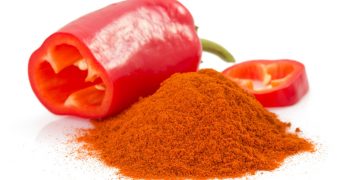Our bone contains a compound called calcium phosphate. Which is nothing but a mixture of calcium and phosphorus. Not just bones, we need calcium and phosphate to have healthy teeth.
Almost 80 percent of the phosphorus in our body is present in our bones and teeth. Phosphorus is one of the vital substance in our body cells. It helps with storing and release of the energy from our body cells when there is a need. It helps in the creation of genes such as DNA and RNA. Phosphorus plays an important role in the metabolism of carbohydrates and fats.
Why we need Phosphorus?
Our body contains around 680 grams of phosphorus in total. We need around 700 mg to 800 mg of phosphorus per day. We can source nearly 4000 mg (max) of phosphorus from our food itself.
Some of the foods that are rich in phosphorus include milk, cheese, seeds, grains, pulses, dry fruits, dates, soya, carrot, guava fruit, meat, fish, and eggs.

What happens when there is a Deficiency?
- Weight loss
- Weakening of teeth and bones
- Thyroid problems
- Kidney problems
What are the reasons for Deficiency?
- There are many reasons why a person might have phosphorus deficiency. This includes
- Ketoacidosis that occurs due to diabetes
- Drinking Alcohol
- Fire injuries
- Our body needs high quantities of phosphorus to recover these conditions, so it can lead to a sudden drop in phosphorus levels.
- Weakening of muscles, tissues, bones, bone wrecks are some of the signs of phosphorus deficiency.
- As phosphorus is present in almost all the food items we consume regularly, it is really rare to find a person with phosphorus deficiency.
What happens when there is excessive phosphorus?
This condition happens very rarely. It can happen when there is a problem in our kidneys. Due to the problem in kidney, our body may find it difficult to flush out excessive phosphorus and it will remain stagnant in our blood. This can lead to problems with blood flow which can cause heart attack and stroke.








